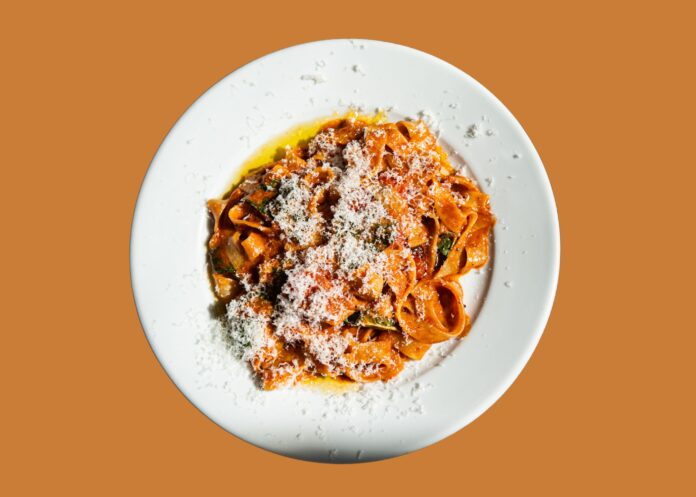Christmas can go two ways. If you’ve had a brilliant year, it’s the perfect time to cosy up and bask in the festive glow. However, if you’ve separated from your children’s other parent, the sight of twinkling lights might fill you with uncertainty.
We understand how challenging this time can be. Whether you’re navigating the complexities of family law arrangements or simply trying to make sense of it all, here are some thoughtful ways to help you create meaningful moments during the festive season with your children after separation.
Reinvent Christmas (In Your Own Time)
That first Christmas without the kids around might feel particularly difficult. But consider this: you have the opportunity to create new traditions and celebrations. Think about choosing another special day to exchange presents, share a meal, and enjoy time together. It’s not about replacing Christmas Day, but rather about creating additional moments of joy.
Many children appreciate having two celebrations, as long as you’re mindful of the timing. The key is to avoid asking them to split December 25th between houses. Nobody needs the pressure of two Christmas dinners in one day, regardless of how tempting it might sound.
When it’s not your turn with the children, try to plan activities that keep you connected with others. Staying home alone can intensify difficult emotions. Consider alternating years – one year you’re creating Christmas memories with the children, the next you’re exploring new traditions for yourself.

Open Conversations With Your Children
Discussing Christmas arrangements with your children requires sensitivity and care. For younger ones, clear plans provide security, much like any other routine. For older children, including them in some of the planning discussions can help them feel heard and respected by both parents.
Finding Balance During Challenging Times
Managing emotions during separation is complex, and divorce can bring forth a range of feelings that need acknowledging. While it’s important to process these emotions, try to share them with your adult support network rather than your children. Young ones are remarkably perceptive to the emotional climate around them, even when they seem absorbed in their own activities.
Focus on creating gentle, positive moments when you’re together. These will become the memories that matter.
Building a Supportive Network
The statistics tell us something important: 42% of marriages end in divorce, with nearly half involving children under 16. This means many parents are navigating similar challenges. Connecting with others who understand your situation can provide both practical advice and emotional support.
If you know others in similar circumstances, consider creating new shared traditions. A pre-Christmas gathering or a quiet Boxing Day meal can offer comfort and companionship.
Finding Comfort in Giving Back
While managing practical holiday arrangements, remember to tend to your own wellbeing. The Mental Health Foundation notes that helping others can provide a sense of purpose and connection, particularly during challenging times.
Consider volunteering at your local food bank or participating in community events. These activities can provide meaningful structure to days when you’re not with your children.

Managing Gift-Giving Thoughtfully
Consider coordinating with your former partner about presents for the children. This can help avoid duplicate gifts and ensure neither parent feels pressured to overcompensate. You might decide to give joint presents for bigger items, or agree on spending limits that work for both households. Remember that children value your presence and attention more than expensive gifts.
Creating New Traditions with Extended Family
Extended family members often feel uncertain about how to navigate the holiday season after a separation. Have open conversations with grandparents, aunts, uncles, and other family members about how they can best support you and your children during this transition. Consider establishing new routines that allow children to maintain meaningful connections with both sides of the family, perhaps celebrating with different relatives on different days.
The Bottom Line
Surviving Christmas after separation requires patience and understanding. While compromise is essential, remember to be gentle with yourself as you adjust. Different doesn’t necessarily mean diminished – it can mean the beginning of new traditions that hold their own special meaning.
This Christmas might look different from those past, but with time and care, you can create warm and meaningful celebrations that work for everyone involved.





